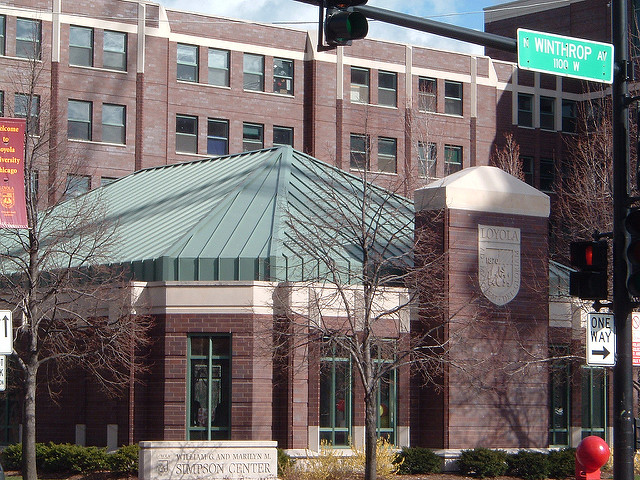Brooklyn College Students Cleared After 5 Hour Hearing
/In spring 2016, two well-known leaders of City University of New York-Brooklyn College SJP were investigated, charged with student conduct violations and ultimately exonerated after they briefly protested during a faculty council meeting to voice concerns over tuition increases, faculty diversity, police surveillance and other topics.
Read More


















